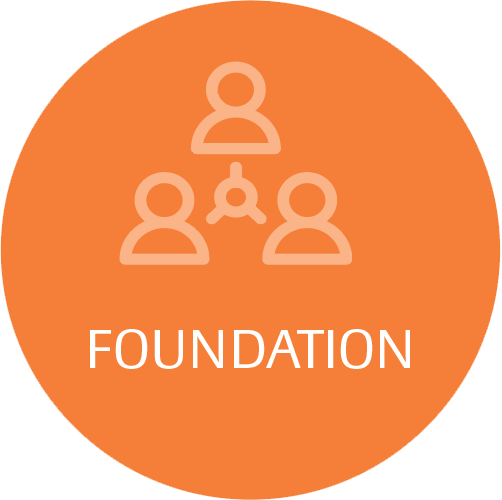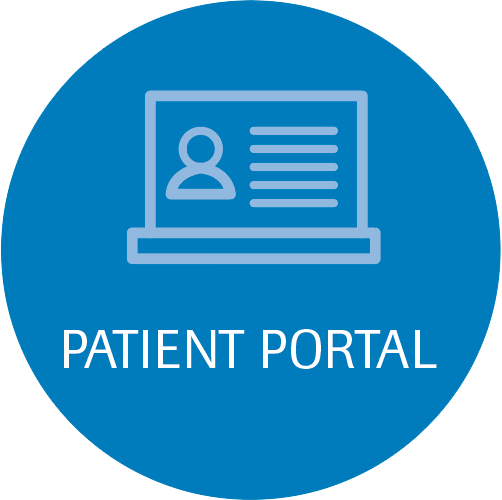What is a Bone Scan and what does it do?
There are 3 types of Bone Scans we provide:
Whole Body Bone Scans
- Detection of primary and staging metastatic disease.
- Evaluation of neoplasm or known lesion(s), and differentiation of monostotic (single bone) from polyostotic primary bone tumors.
- Detect and evaluate metabolic bone disease such as Pagett’s disease (bone inflammation and resorption replaced by soft bone), osteoporosis, and osteomalacia (vitamin D deficiency) and other osteopathies.
- Evaluate abnormal laboratory results (e.g., elevated prostate specific antigen [PSA], elevated alkaline phosphates in osteogenic sarcoma and metastatic prostate cancer, elevated Ca2+ in breast, lung, and kidney cancer bone)
Limited Bone Scans
- Detection of occult (obscure, difficult to find) fractures and known or suspected fractures (at least 48 hours following injury).
- Evaluates bone pain and/or trauma in a specific area, and localization of site for biopsy.
- A Limited Bone Scan is indicated to evaluate bone graft viability, bone viability when blood supply is in question (infarct), and to evaluate the patient for bone surgery (e.g., vertebroplasty, total knee or hip replacements
Three Phase Bone Scans
- A Three Phase Bone Scan examines vascular, immediate blood pool, then osseous (osteoblastic) activity distinguishing cellulites (activity in flow and immediate phases) from osteomyelitis (activity in third or all three phases).
- This scan is indicated when differentiation between osteomyelitis (inflammation of bone and bone marrow) and cellulites (inflammation of cellular or connective tissues) is needed.
Who performs the test?
The Nuclear Bone Scan will be performed by a Nuclear Medicine Technologist. The Nuclear Technologist is certified by the NMTCB (Nuclear Medicine Technology Certification Board), and/or the ARRT (The American Registry of Radiologic Technologists). All of the Nuclear Medicine Technologists at Jackson Hospital are licensed in the state of Florida.
Where does it take place?
The Nuclear Bone Scan will be performed in the Nuclear Medicine Department at Jackson Hospital. This is located in Radiology at the main hospital.
How long does it take?
The total time of the exam varies between 10-20 minutes depending on the amount of images obtained.
What can I do to make it a success?
Wear comfortable clothing. Remove any metallic objects before your scan.
What should I do before the exam?
There is no preparation for the Nuclear Bone Scan.
What happens during the exam?
There will be an intravenous injection while you lay on the imaging table. After the first sets of images are obtained you will return 3 hours later for the delay scan. You will be asked to drink several glasses of liquid over the 3 hours prior to return. Please bring any recent X-rays with you (if performed at another facility) the day of the scan. You will be asked to empty your bladder before the test begins.
You will then be asked to empty your pockets and remove any metallic objects from your person.
You will then lie on the imaging table, and there will be a detector that slowly scans the effected part of your body.
What should I do after the exam?
Additional x-rays may be obtained after your scan to further clarify your condition for the Radiologist.
Your images will be processed after your scan. They will then be submitted to the Radiologist for review and interpretation. The results will be forwarded to the ordering physician when the Radiologists transcription is complete.
Contact Information:
Hospital (main operator): (850) 526-2200
Nuclear Medicine Department (at hospital): (850) 718-2584
Radiology Department (at hospital): (850) 718-2580





